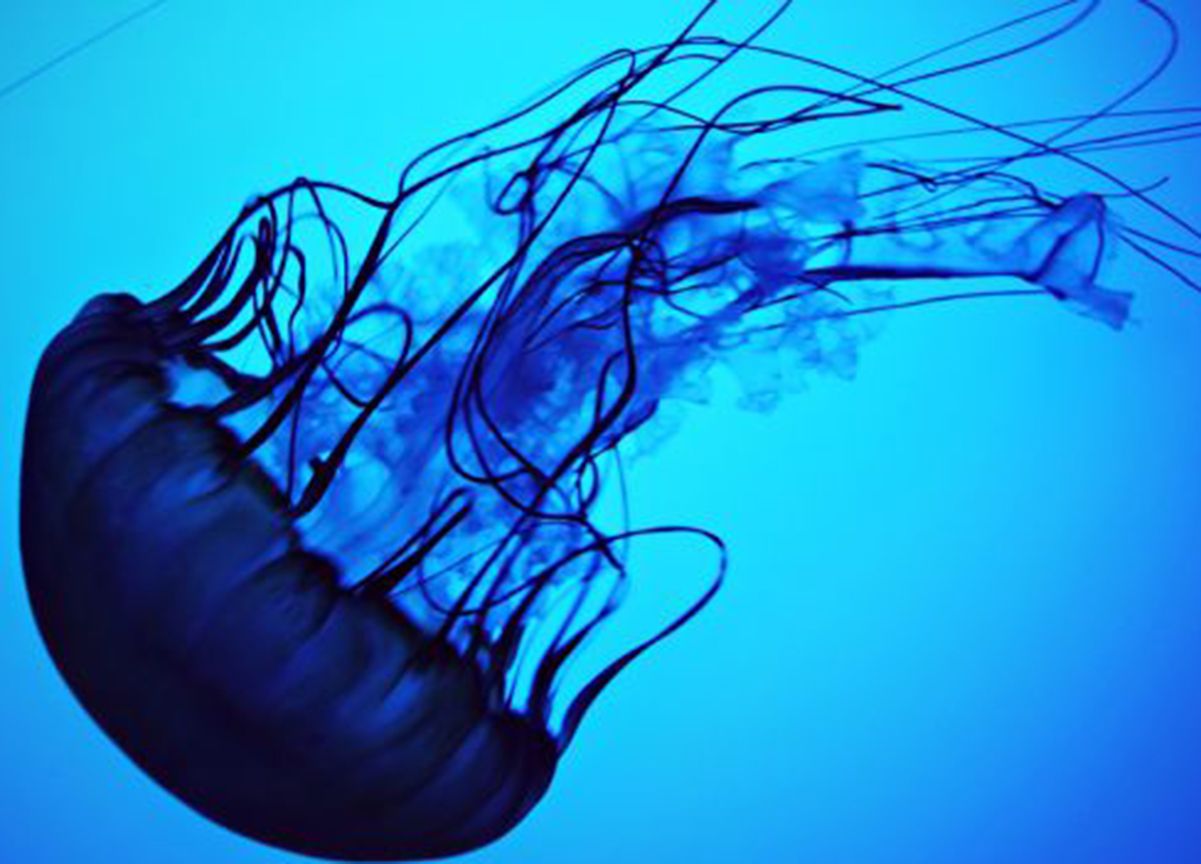
Overview
The origins and diversification of multicellular organisms, their form, function and adaptation to stress and a changing world. Themes and case studies include energy flow from molecules to ecosystems, organismal interactions including parasitism and disease dynamics, and the impacts of human activity.
Learning Outcomes
Learning Outcomes
On successful completion of this course, students will have learned to:
- Identify the roles of the major physiological systems in diverse animals and how they are regulated through electrical and chemical signals to achieve change or maintain homeostasis
- Describe the structure and function of nerves and muscles and explain how they contribute to physiological and behavioural processes.
- Apply knowledge of tissue and organ system functioning and integration to diagnose or predict common diseases and organismal dysfunctions.
- Discuss the mechanisms by which evolution shapes biological diversity, citing examples from the history of life captured in the fossil record, in extant diversity, or through direct observation of evolution in action.
- Compare the nature of interactions between organisms at the level of the population, the community and the ecosystem.
- Describe the main cycles governing the flow of nutrients and energy through communities and ecosystems and recognize the importance of ecological interactions and biodiversity in building a sustainable future.
Topics
Topics covered in this course include
- Animal Form and Function
- Ion, Water and Nutrient Balance – Water and electrolyte balance in animals and animal nutrition
- Gas Exchange and Circulation
- Nerves and Muscles
- Endocrine Signalling
- Reproduction
- Immune System
- Evolutionary Processes and Patterns
- Evolutionary Processes
- Speciation and the History of Life
- Animal Behaviour
- Population and Community Ecology
- Ecosystems
- Biodiversity and Conservation Biology
Terms
Evaluation
20% - Unit Quizzes
44% - Virtual Labs
8% - Dynamic Study Modules
12% - Essay
16% - Final Exam
*Evaluation Subject to Change*
Textbook and Materials
Please consult the Queen's Campus Bookstore for information on the textbook (Campbell Biology 3rd Edition) and Mastering.
Time Commitment
To complete the readings, assignments, and course activities, students can expect to spend on average, about 123 hours on the course.
Additional Information
NOTE Also offered at the Bader International Study Centre, Herstmonceux. Learning Hours may vary.

